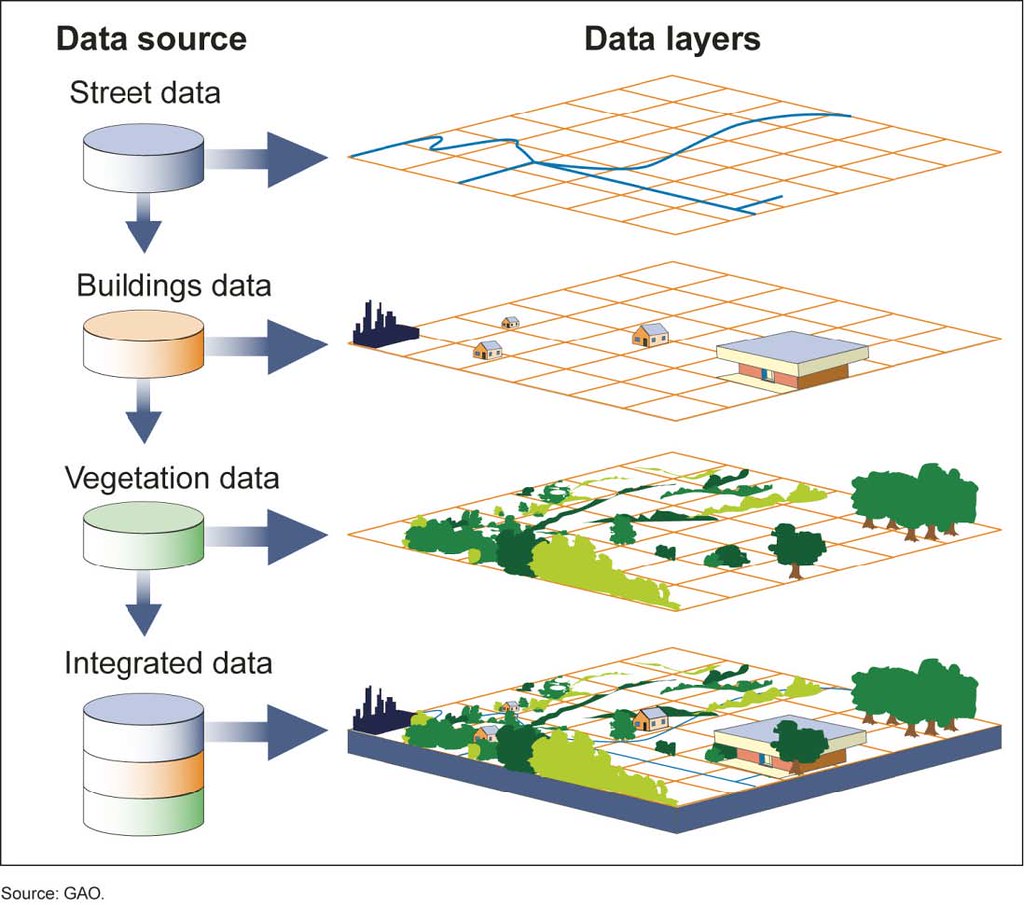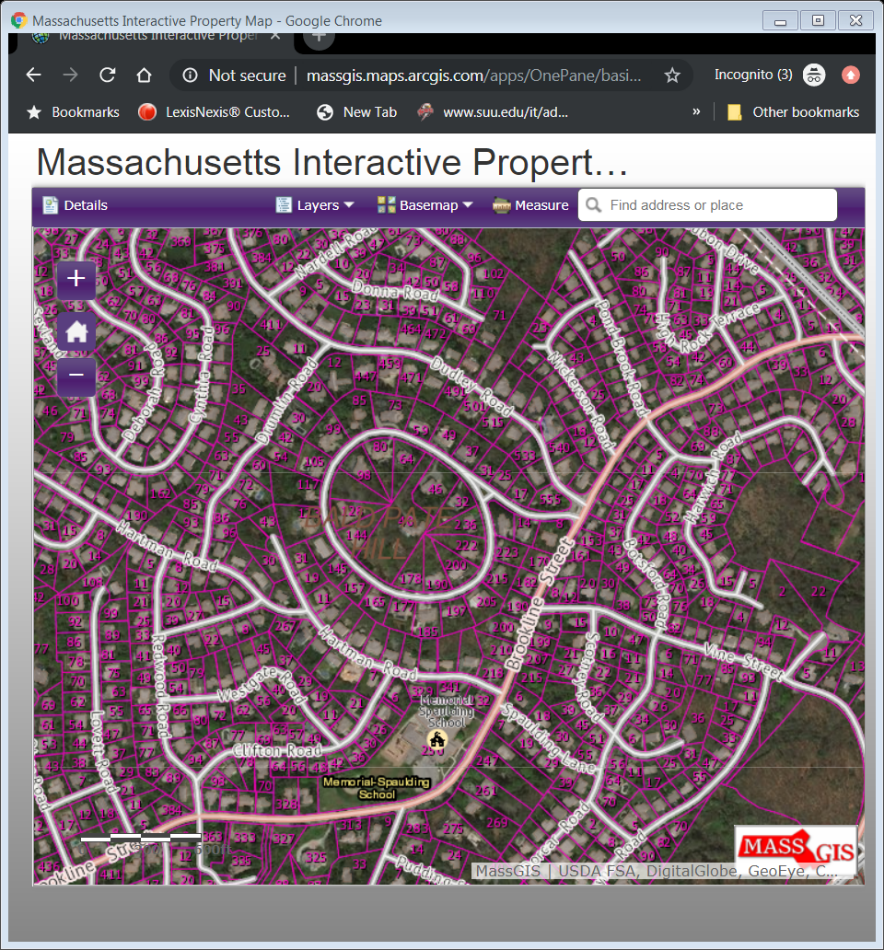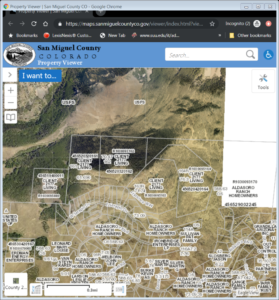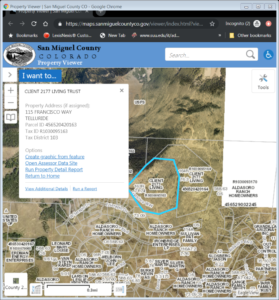Carrying on with the theme of prospect research and the UK for another week, I’m delighted to welcome Toby Savin as the author of today’s Intelligent Edge article on finding information about companies and company directors from Companies House. An experienced researcher and leader in the UK prospect development community, Toby is Development Research Manager at the University of Leeds. My thanks to Toby for sharing his knowledge! ~Helen
 Over here in the UK, for all the challenges we face, including (and because of) a culture where it’s still seen by many as crass or taboo to discuss money even in the context of giving it away to a worthy cause, the prospect research community has one resource that our counterparts elsewhere can only dream of: Companies House.
Over here in the UK, for all the challenges we face, including (and because of) a culture where it’s still seen by many as crass or taboo to discuss money even in the context of giving it away to a worthy cause, the prospect research community has one resource that our counterparts elsewhere can only dream of: Companies House.
Companies House is the UK registrar of companies and there are 4.4 million companies (and their associated filings) on the register, many of which are privately-owned. This includes not just limited companies, whether quoted on an exchange or not, but also limited partnerships (the legal business structure of choice for private equity funds and hedge funds) and limited liability partnerships (‘LLPs’), which have been astonishingly popular across many sectors of the economy since being introduced in the UK in 2001, thanks to the twin benefits of limiting partners’ liability and not incurring UK corporation tax. It also includes companies limited by guarantee (as opposed to share capital), a structure much used by charitable trusts and foundations.
What’s more, it’s free to access this data: in 2015, a Beta version of the register – freely available to anyone with an internet connection – was launched as part of the UK government’s commitment to free, open data. Sure, the register has its faults: one major issue, which was successfully used to push for a formal consultation on reforming the register last year, is that the information filed is not actually verified or checked by anyone at Companies House.
But, unlike data on non-quoted companies that many other countries are forced to rely on (typically, top line numbers self-reported to large data vendors within a voluntary and entirely unregulated framework), in the UK there is a statutory requirement to formally submit a whole range of filings and many of the accounts themselves are externally audited. Make no mistake: this is a treasure trove of public data that ought to make us the envy of researchers across the world, especially the US, where finding reliable, detailed information on privately-held companies can be difficult or impossible.
Want to know not just who owns a particular company but how much they own? Check.
Want to know the total compensation of the highest paid director? Check.
How about estimating the value of a privately-owned business? For sure, this is a tricky pursuit at the best of times (like a house, a business is only worth what someone is prepared to pay for it) but close to impossible – and perhaps even futile – if you have only sparse, unreliable numbers to hand. Here too, Companies House can help: businesses of a certain size are required file full audited accounts with a profit and loss account, balance sheet and cash flow statement.
And in addition to the hard numbers, Companies House provides an abundance of less tangible (but equally useful) information. A Chairman’s Statement on the company’s performance and strategy, for example, might be taken with a large pinch of salt by a forensic accountant looking for fraud but in the hands of a savvy prospect researcher, the salient points can be summarised and used by a frontline fundraiser to completely transform a discovery meeting with that top prospect who hitherto has been impossible to engage.
For anyone wanting to tap this most valuable of resources as part of their prospect research (or indeed gift acceptance due diligence), here are some things to take into consideration.
Firstly, if you intend to process any personal data, you’ll need to carry out an assessment as to what research is acceptable from a data protection perspective. There is an abundance of guidance available, from bodies like the Institute of Fundraising and CASE (the Council for Advancement and Support of Education).
Secondly, you’d do well to keep tabs on any changes to the legislation governing the information that companies are required to disclose (thankfully, these are widely reported across the blogosphere and beyond) as well as changes to the search functionality and other aspects of the free Companies House beta service itself (signing up to be a member of the user panel can help with this).
Last but by no means least, you really need to know what you’re doing: the proverb “a little knowledge is a dangerous thing” might as well have its origins in interpreting data in company accounts. This one is a bit trickier to address but I’d like to highlight a couple of initiatives that will help.
Here in the UK, Researchers in Fundraising (RiF), a special interest group of the Institute of Fundraising, has launched a major project to develop a Researcher’s Handbook (including a chapter specifically on estimating wealth and capacity). Work on this is in progress and in the meantime, one very enterprising former prospect researcher has been working with some of the best talent in the sector (and me) to launch a Community Interest Company called PyroTalks offering a wide range of (virtual) conferences and training sessions, including a number that are specifically aimed at helping prospect researchers navigate some of the data you can find on the Companies House register.
Companies House isn’t the only source of useful data on UK organisations and potential donors but it is an essential part of any researcher’s tool kit; and, for all its faults, we’re lucky to have it. Take a look and expand your UK company knowledge.
Toby Savin is Development Research Manager at the University of Leeds in the UK, having joined the Alumni & Development Office there in 2010. Prior to this, he spent a decade working for a leading business risk consultancy in London and then a Nasdaq-quoted fraud prevention company, carrying out investigative due diligence and background checks on employees and vendors for banks, hedge funds and FTSE 100 clients.
In between these two ten-year periods working as a researcher, he gained first hand experience of worker-controlled co-operatives at two food co-ops in Manchester and volunteered on a number of different food and environmental projects. This experience formed the basis of a dissertation on the co-operative movement as part of a Master’s degree in Food Policy at City University in London, which he successfully completed with Distinction in 2011. Toby also holds a Bachelor’s degree, with Honours, in Hispanic Studies from the University of Birmingham, UK.












